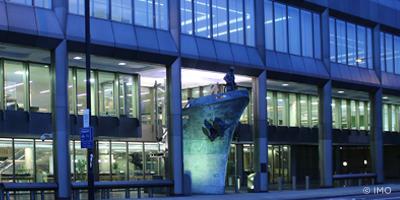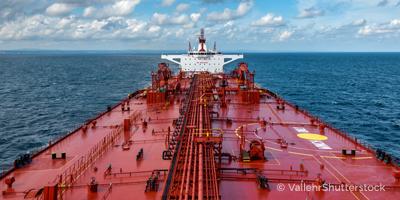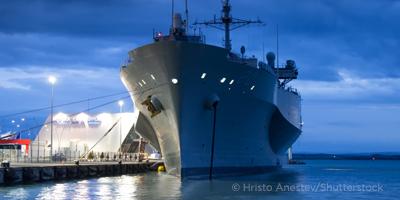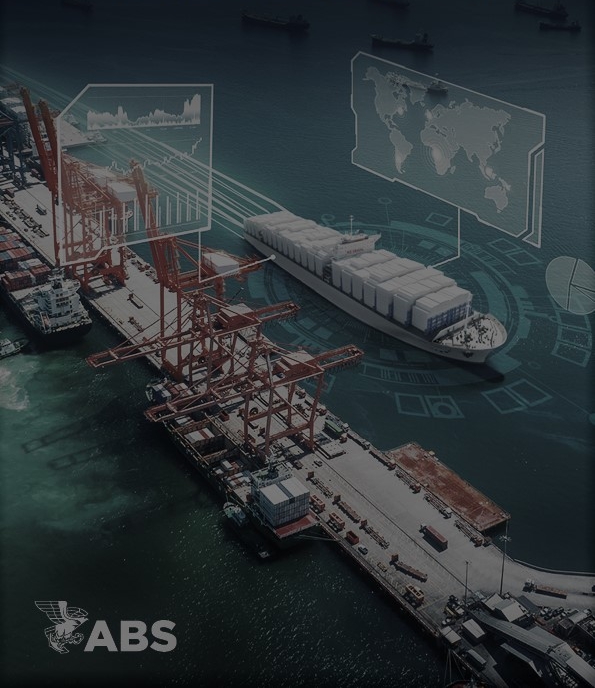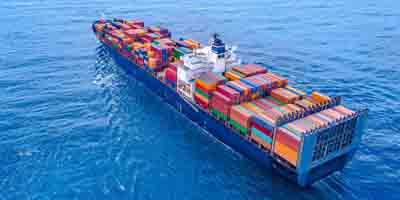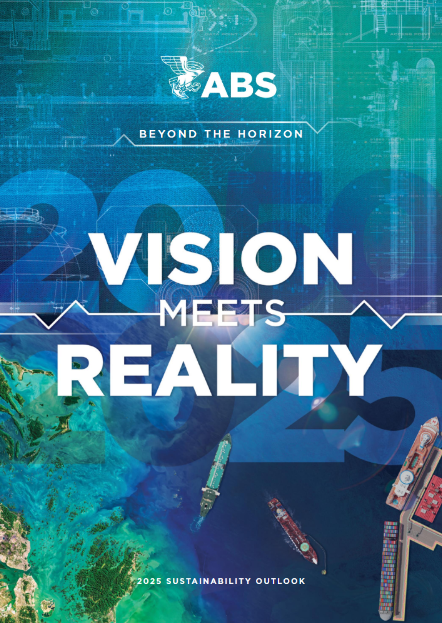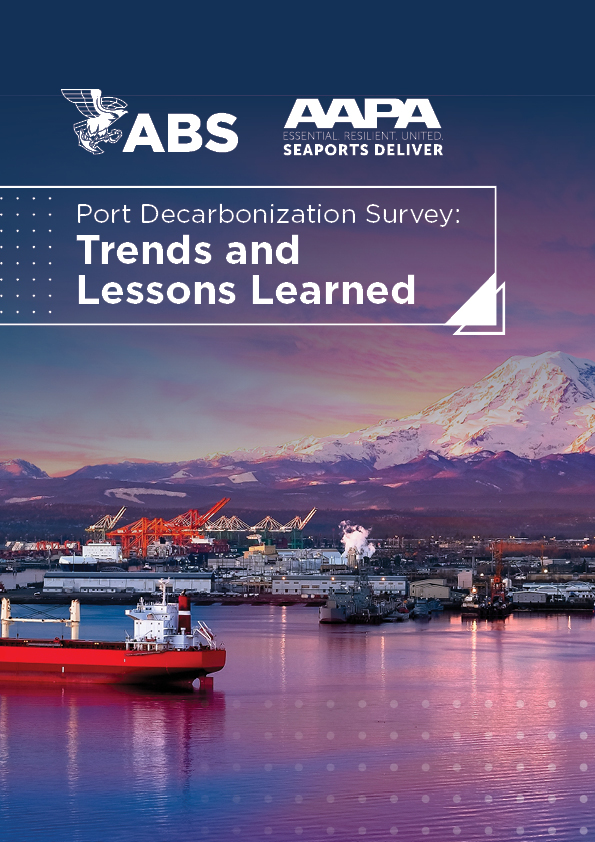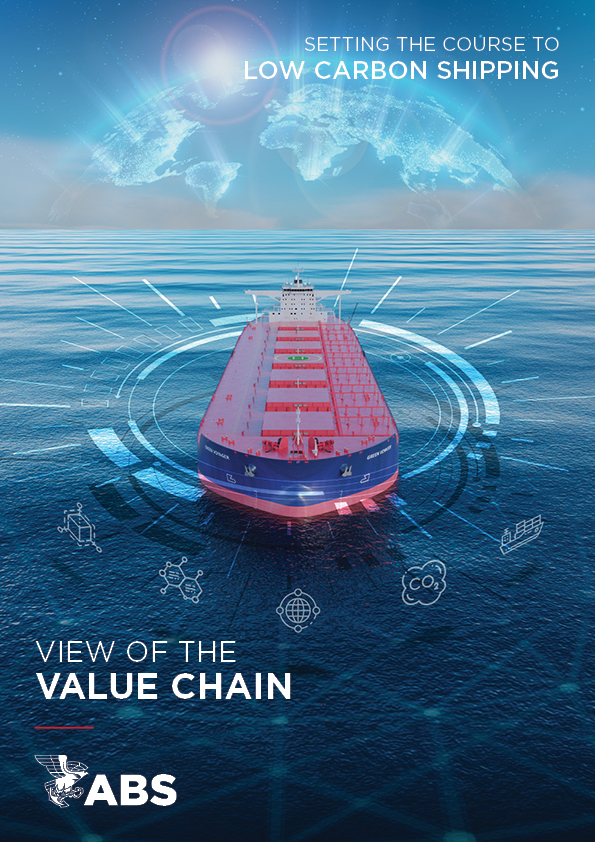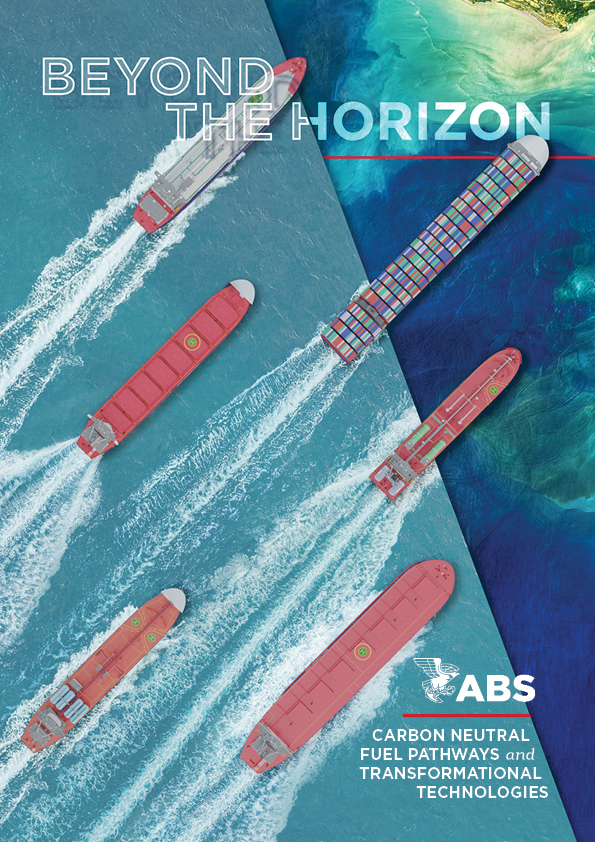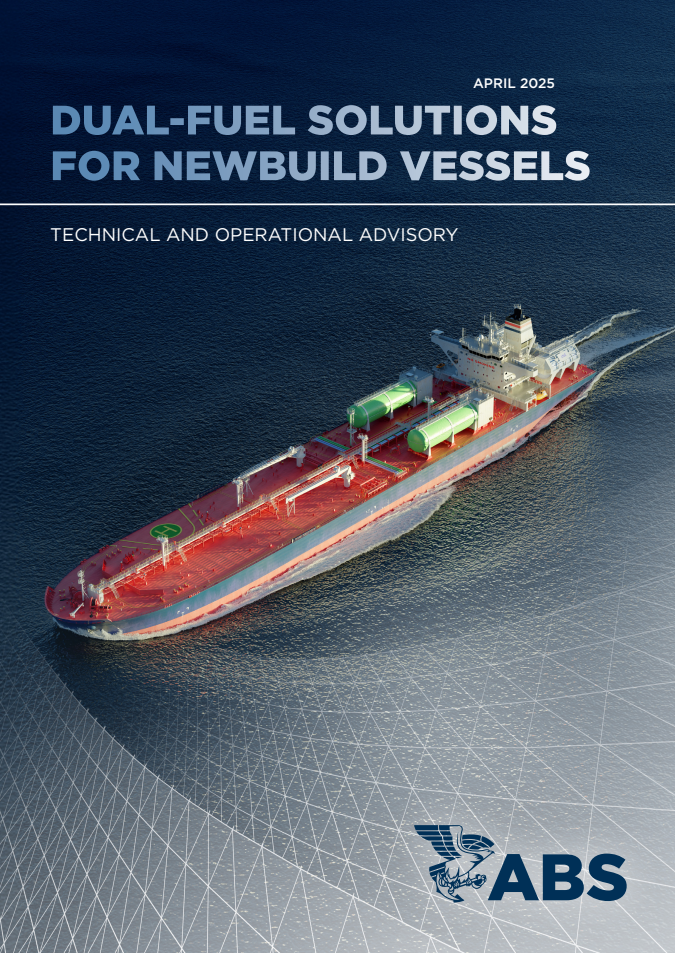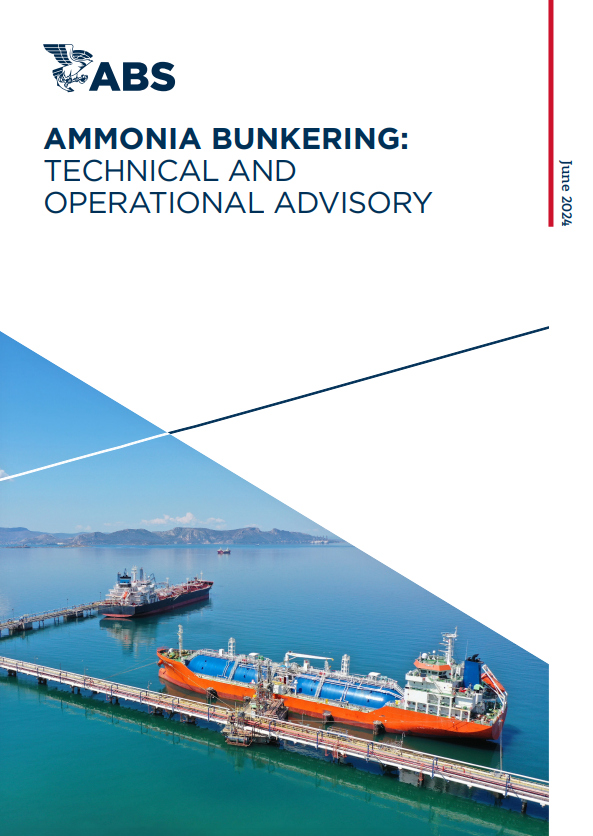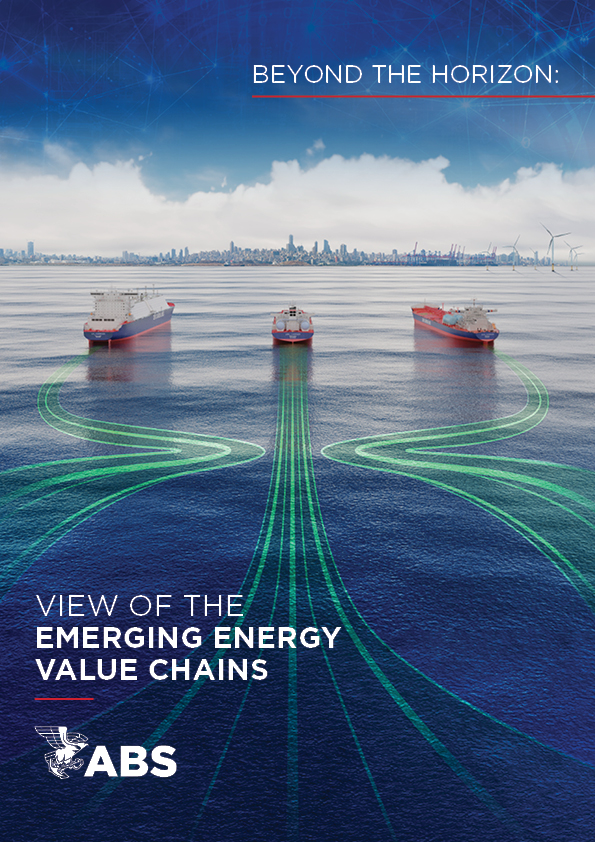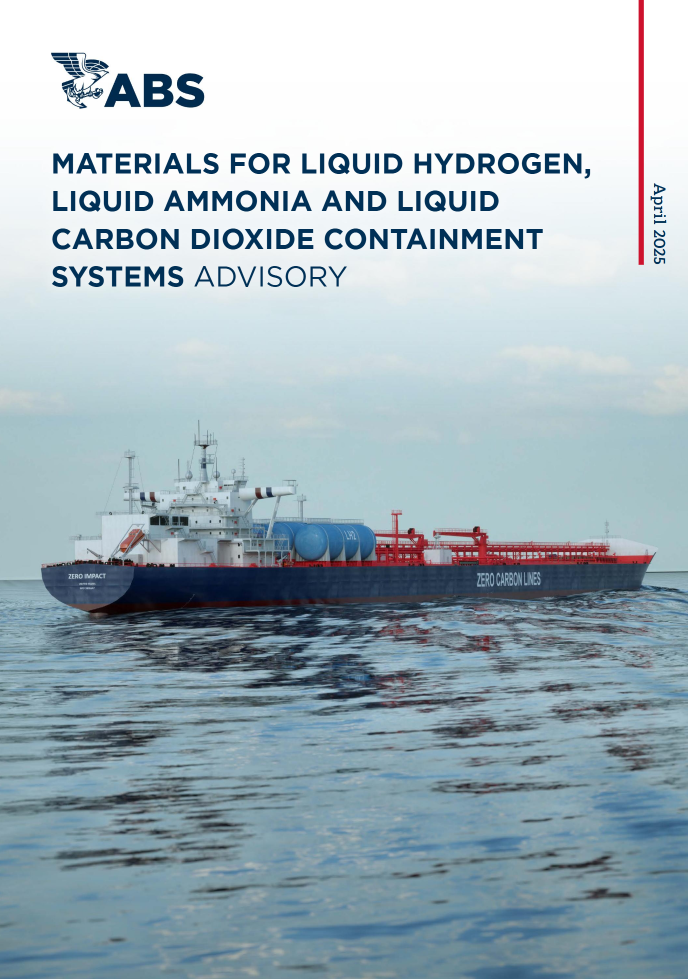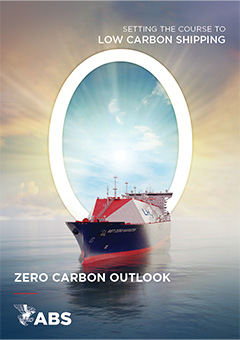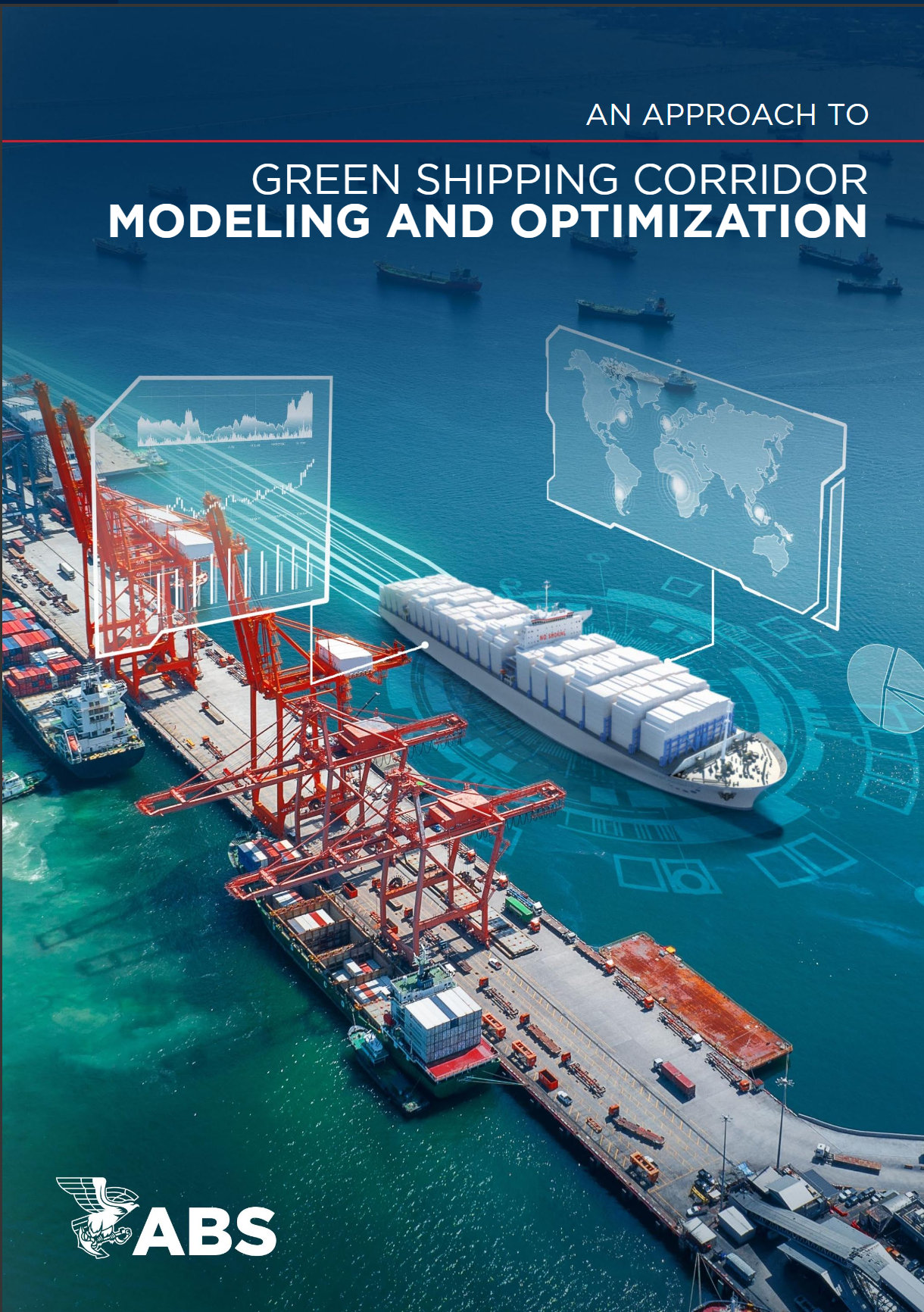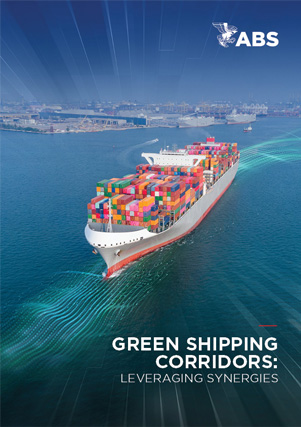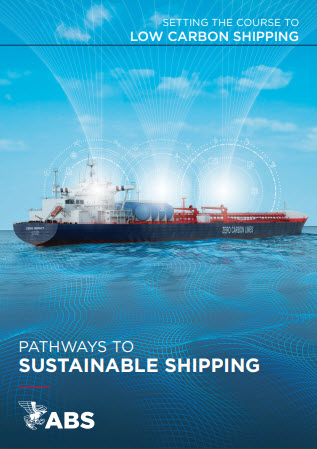Decarbonization
The International Maritime Organization (IMO) has set ambitious targets for the shipping industry. In addition to the 2020 Global Sulphur Cap, shipowners and operators must consider the greenhouse gas (GHG) targets for 2030 and 2050.
Adapting to new regulations and requirements aimed at lowering the industry’s collective carbon footprint will require innovative solutions that include low and zero carbon fuels, new ship technologies and more efficient operations.
To help drive decarbonization strategies, ABS has published a series of outlooks and guidance documents to assist the industry in navigating the uncharted waters of the 2030/2050 emissions challenge..Want to discover more? Scroll down for the latest insights, including industry articles, technical guidance and on demand webinars.
Beyond Decarbonization
The key factor to sustainable success is strategic alignment with the UN Sustainable Development Goals (SDGs) framework - focused on achieving environmental, social and governance (ESG) excellence.
ABS has developed an unparalleled global network of sustainability expertise with centers of excellence located in key maritime cities around the world.
In an ever-changing regulatory environment. shipowners, builders, and operators must stay on top of the numerous regional, domestic, and international environmental requirements and understand the impact of these requirements on maritime transport. ABS continues to be the shipping industry’s leading resource for guidance on new environmental regulations and compliance solutions.




